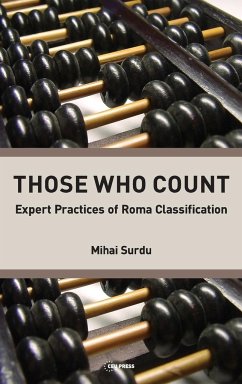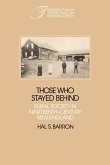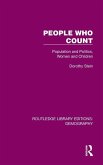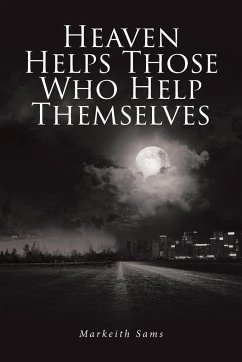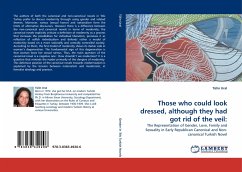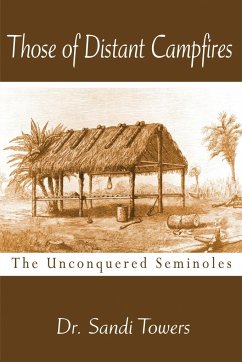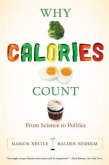Those Who Count scrutinizes the scientific and expert practices of Roma classification and counting, and the politics of Roma-related knowledge production. The book takes a historical perspective on Roma group construction, both as an epistemic object and a policy target, with a focus on the expert discourse of the last two decades. The book argues that knowledge production on Roma is neither objective nor disinterested but rather is co-produced by political and academic actors driven by organizational interests with rather narrow disciplinary research traditions, as well as by political manifestos. The result of such co-production is a negative Roma public image circulating well beyond the expert discourse which reinforces stereotypes held by society at large. The case studies and examples presented in the book show that the state-led population census, policy related surveys, as well as academic and scientific research, together craft an essentialized Roma identity. The recently reemerged Roma-related genetic research imports assumptions, classifications, and narrations from the social sciences and contributes through sampling strategies, interpretation of data, and generalization to reify and pathologize Roma ethnicity. Roma are relegated by experts to several types of determinism: to a social category, to a frozen culture, and to a homogenous biologized entity.
Hinweis: Dieser Artikel kann nur an eine deutsche Lieferadresse ausgeliefert werden.
Hinweis: Dieser Artikel kann nur an eine deutsche Lieferadresse ausgeliefert werden.

